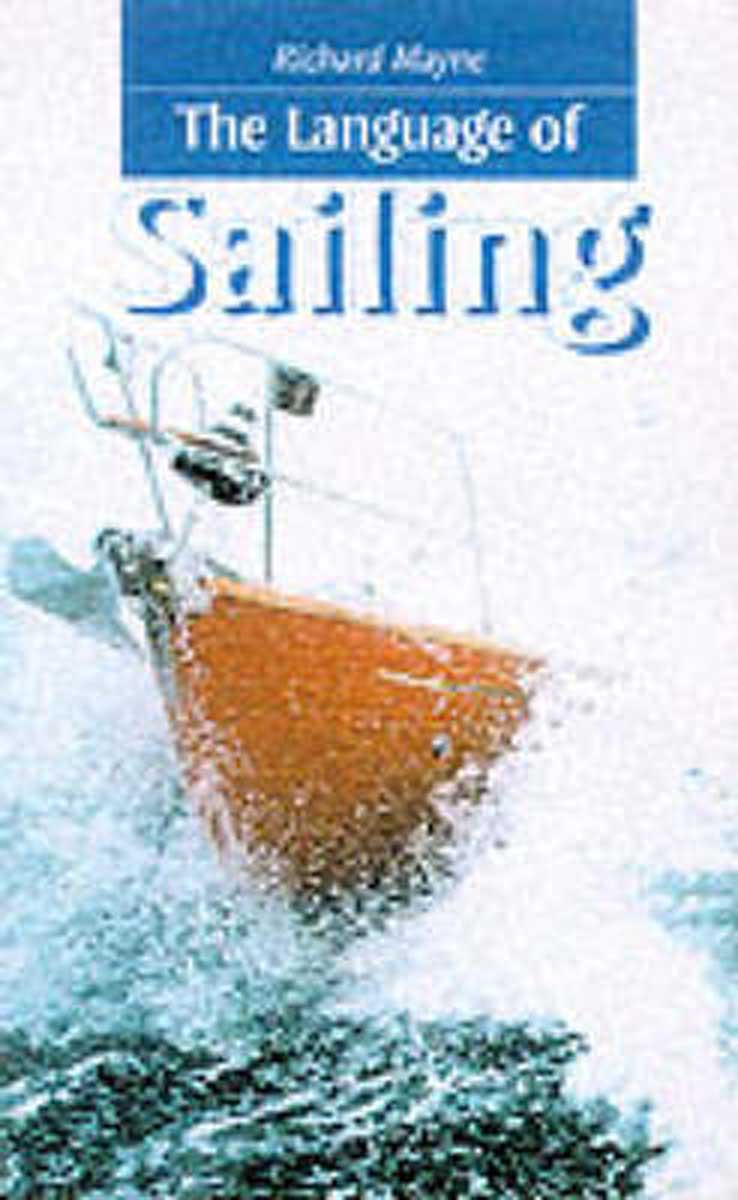PB:
18.95 GBP
QTY:
Categories:
Language of Sailing
There have been many dictionaries explaining to laymen the technical terms of sailing. None of them, until now, has systematically set out to explore their etymology and evolution. "The Language of Sailing" demonstrates how many of the English and American words in question are derived – often in complex and controversial ways – from other languages, mainly European. The diction of the sea, in fact, is a huge and hybrid skein, much of it traceable as far back as Sanskrit. It shows how seafaring knitted Europeans together, sometimes in conflict and rivalry, often also in comradeship when sailing crews could be as multinational as today's international conglomerates. Not the least of the secrets revealed in "The Language of Sailing" is the number of occasions when the Oxford English Dictionary – without which no such work could be possible – has itself proved fallible, undecided, and sometimes just plain wrong. But this book is not intended simply for the entertainment of sailors and scholars. Sly humour stalks its pages. So does an immense amount of practical, up-to-date information. Novices invited to crew for sailing friends should slip a copy in their duffel bags. If nothing else, it will serve for games of maritime Trivial Pursuit. Anyone interested in English literature will find here an unusual and suggestive resource.
About the author
Richard Mayne, born in London, read History at Trinity College, Cambridge, and completed a PhD there. Among many vocations, he was a senior official of the European Union and apersonal assistant to its founder Jean Monnet and to the first President of the EEC Commission, Walter Hallstein. He was for several years a co-editor of Encounter and iscurrently a film critic for the Economist. Since childhood he has messed about with boats, learning to sail on the Great Bitter Lake in Egypt towards the end of his war service, andsince then dinghy-sailing, racing and cruising in the Lake District, the Solent, the North Sea, the Aegean, Chesapeake Bay, in a wide variety of vessels.


